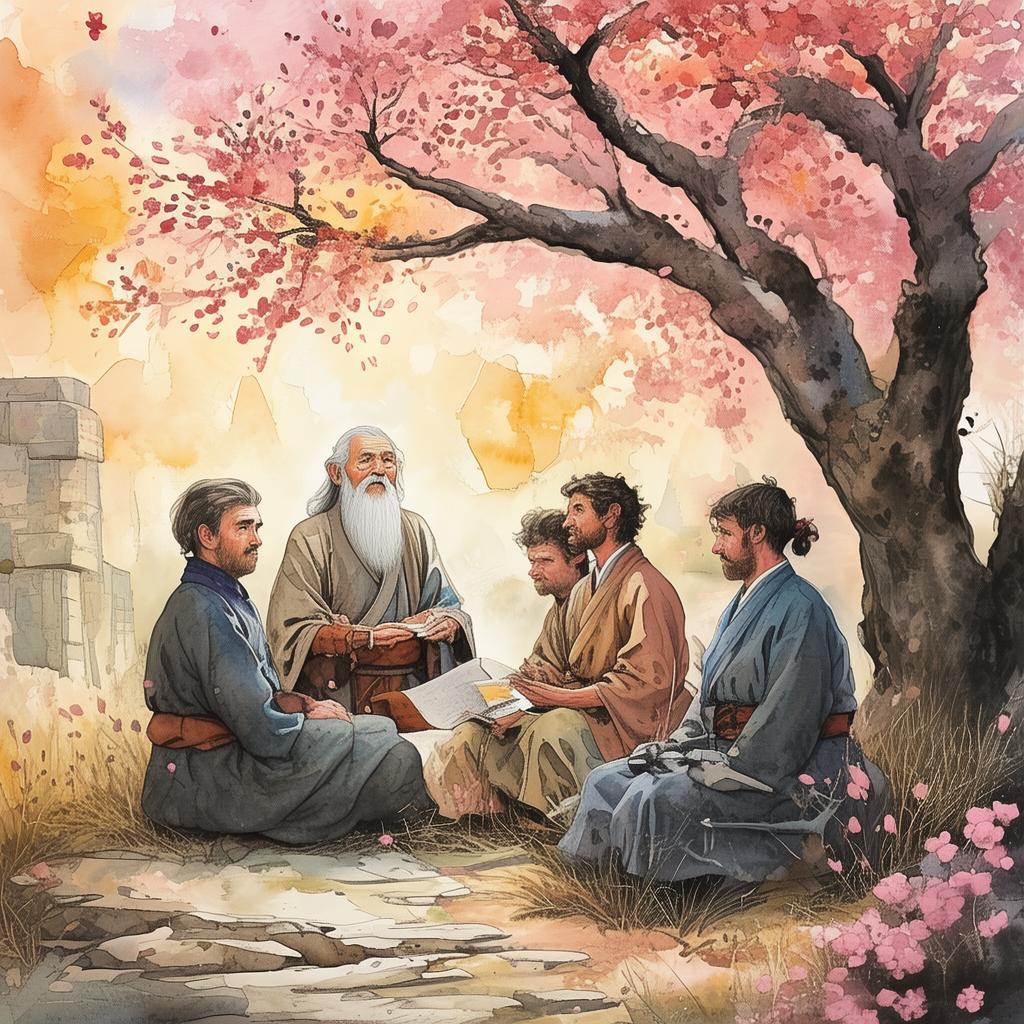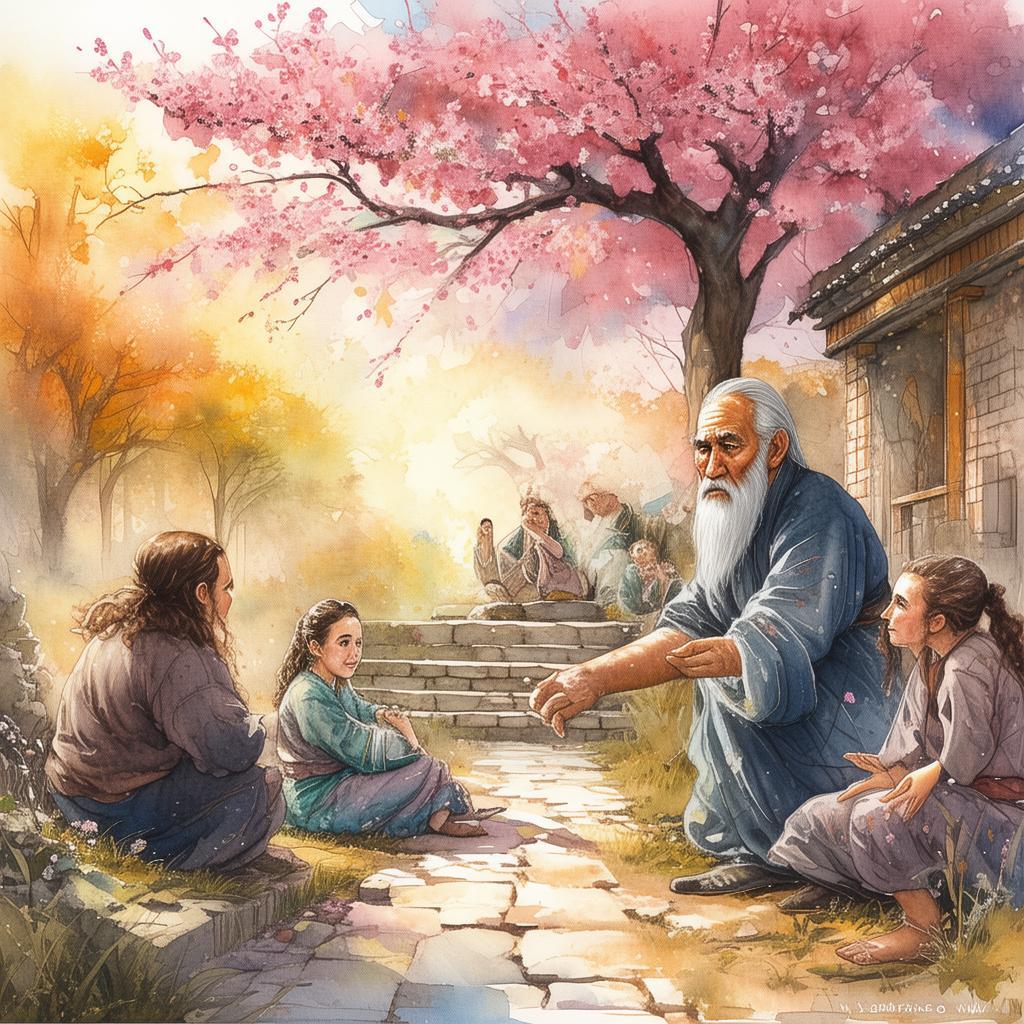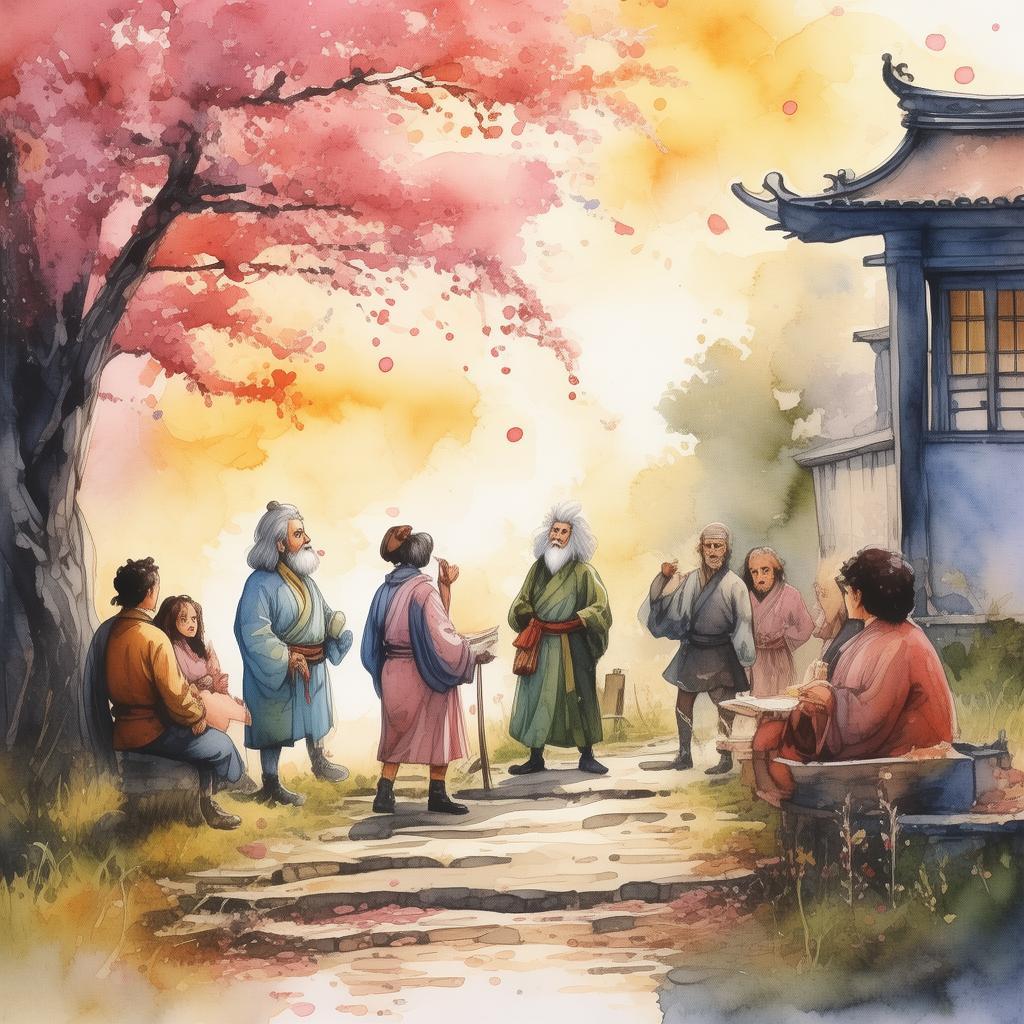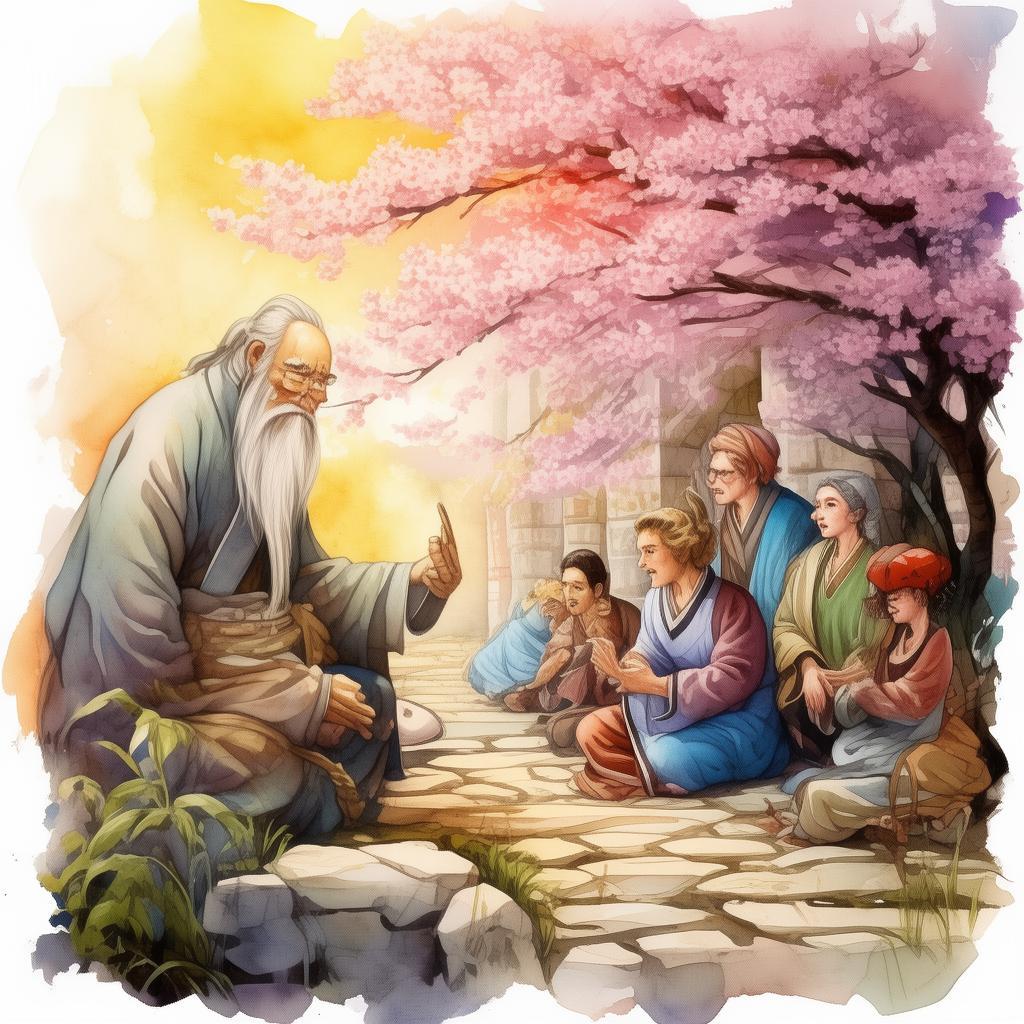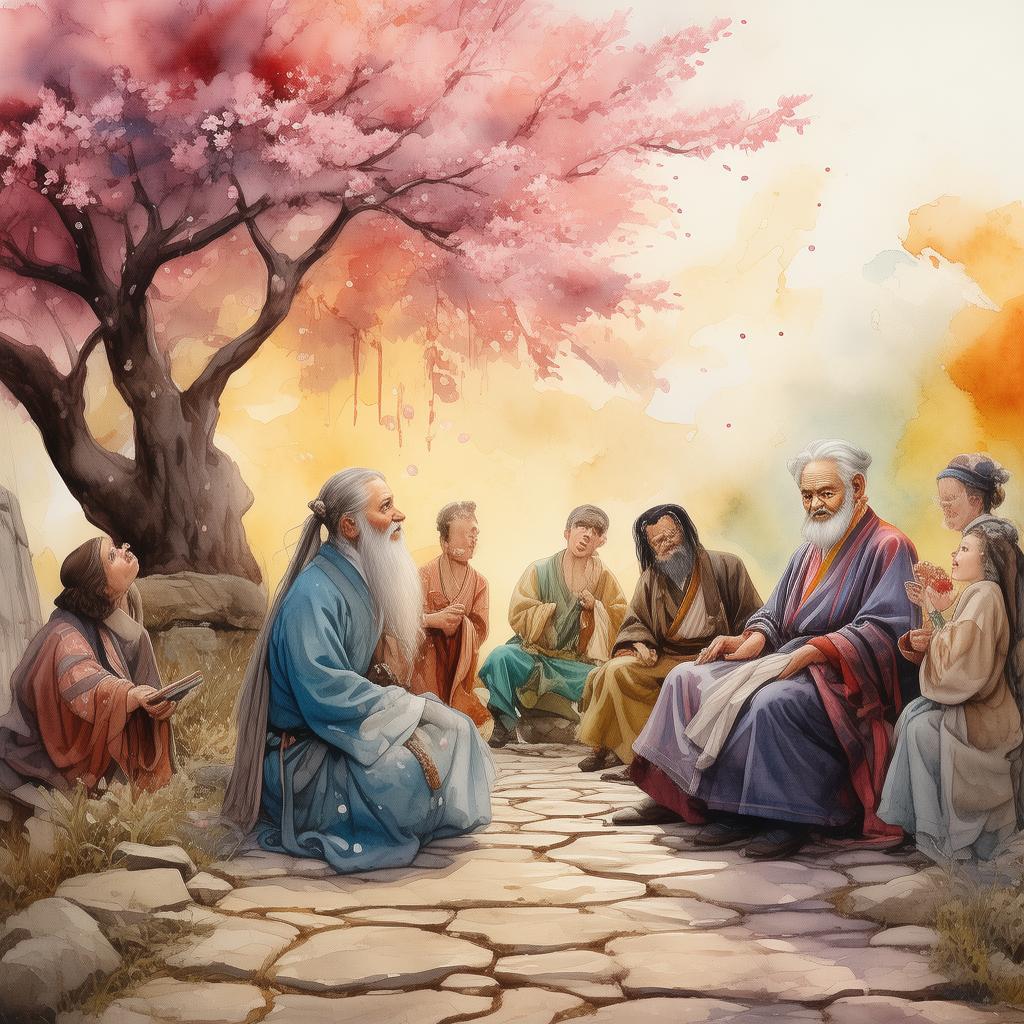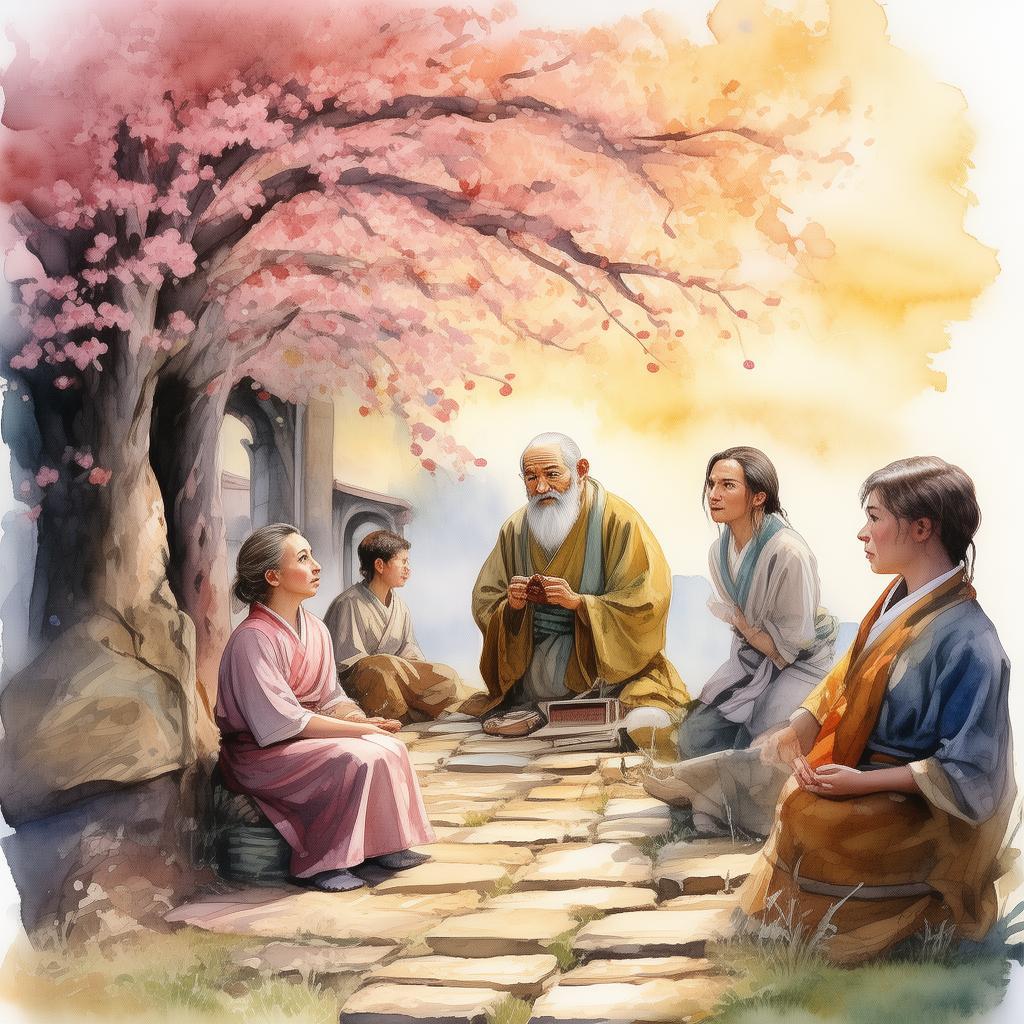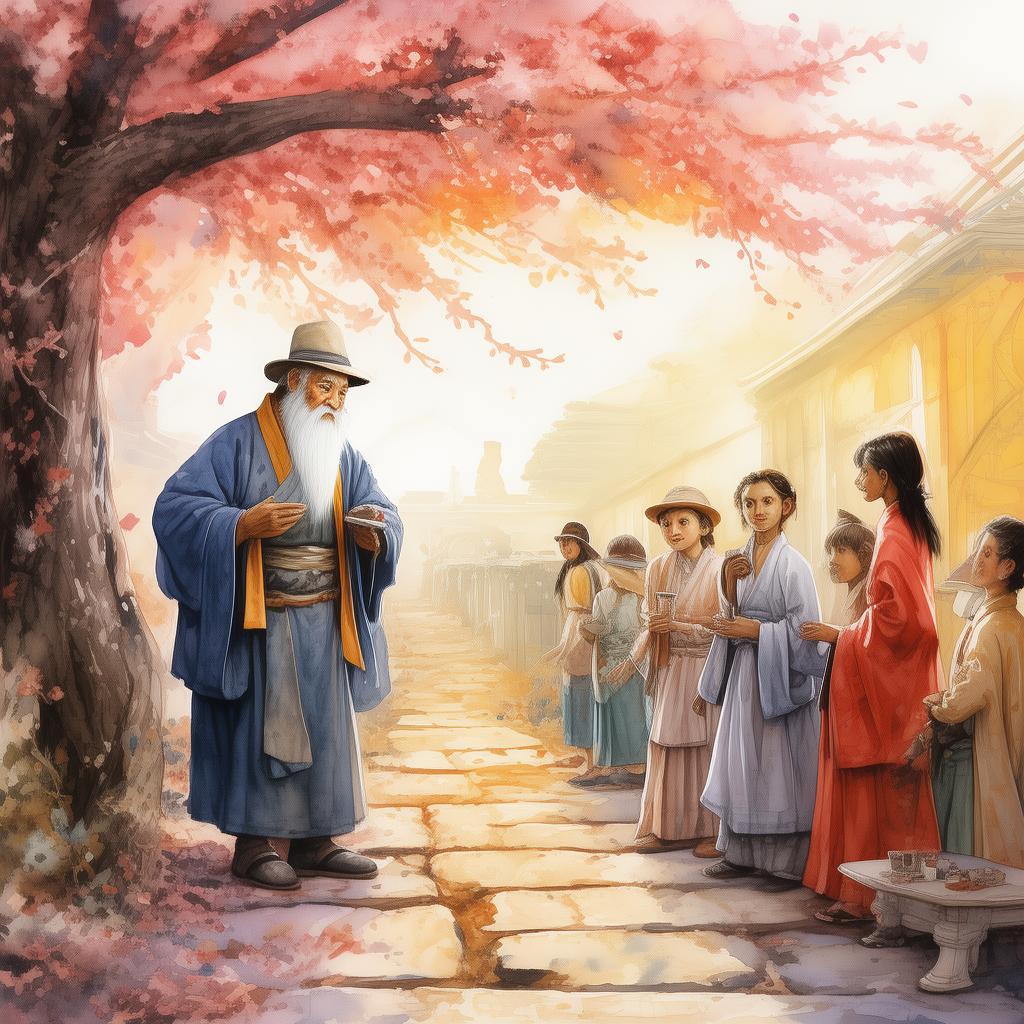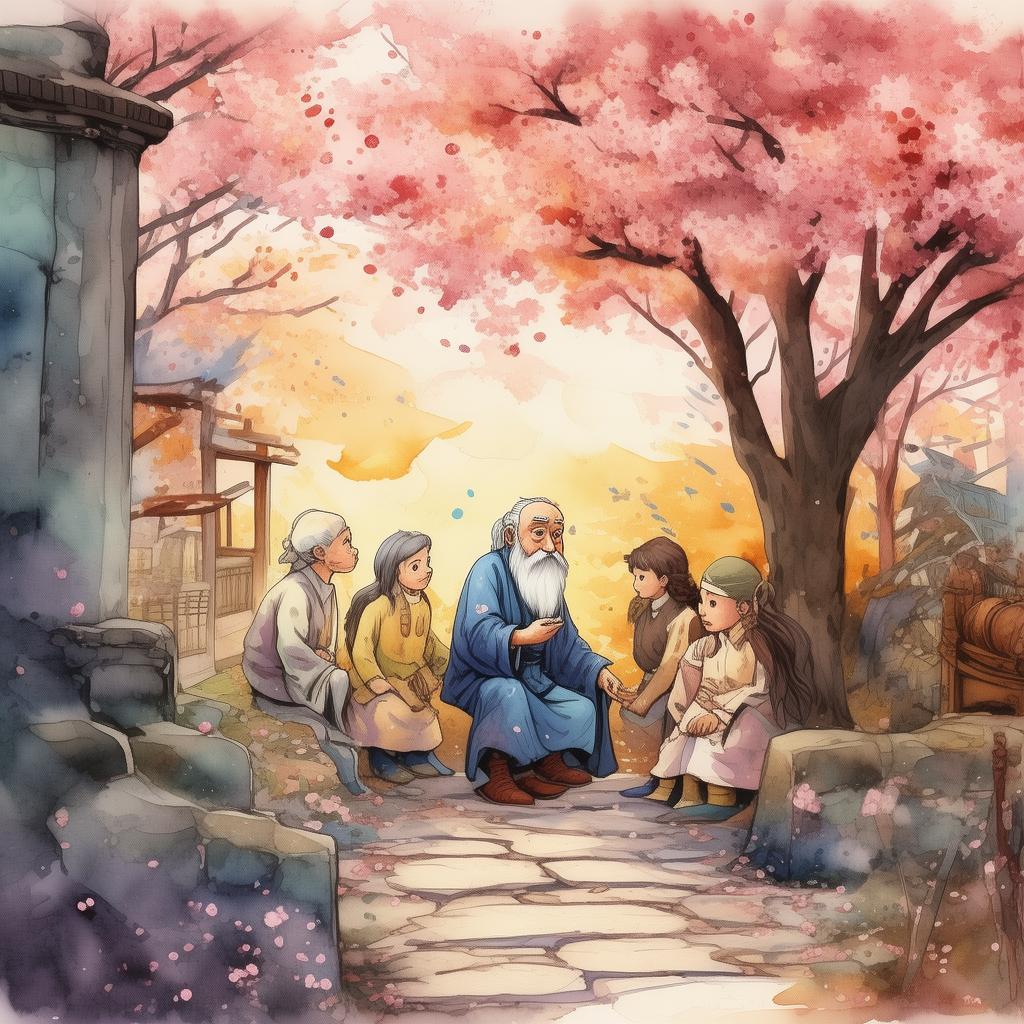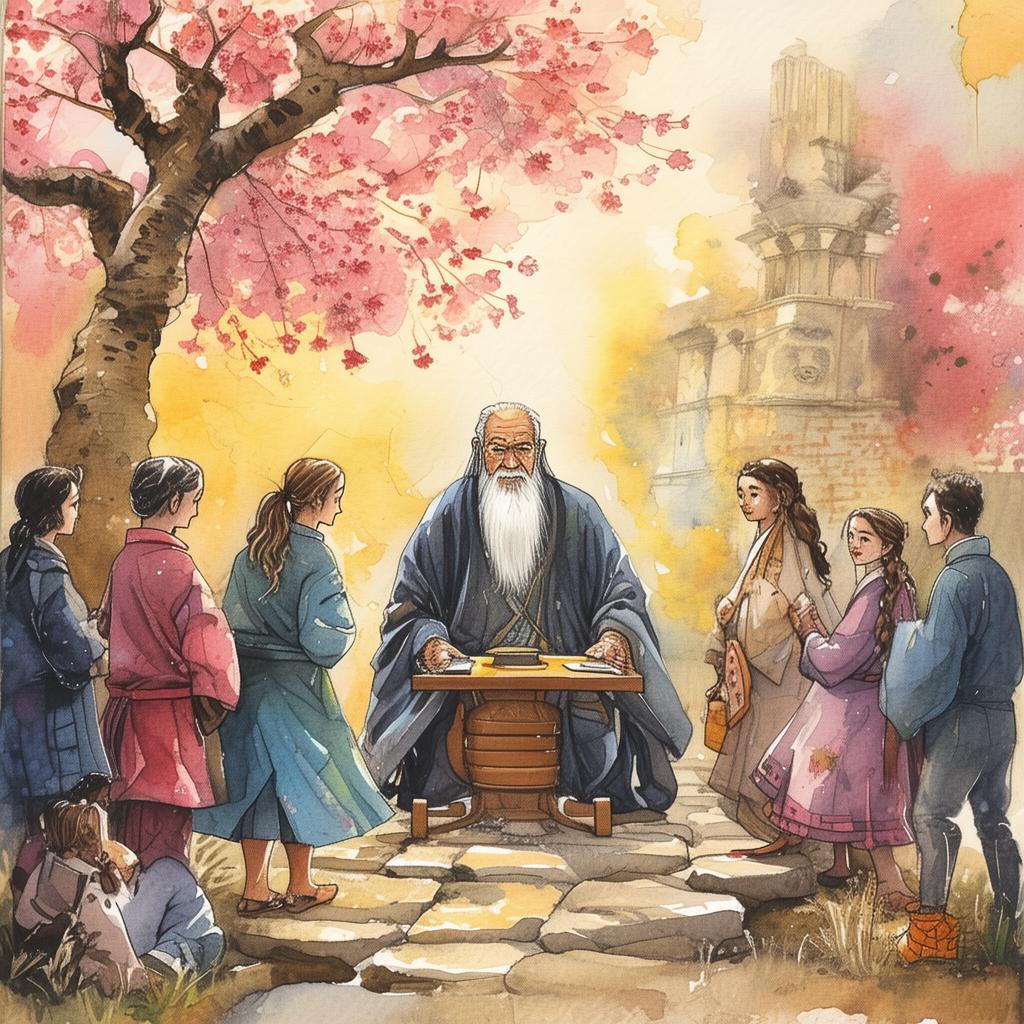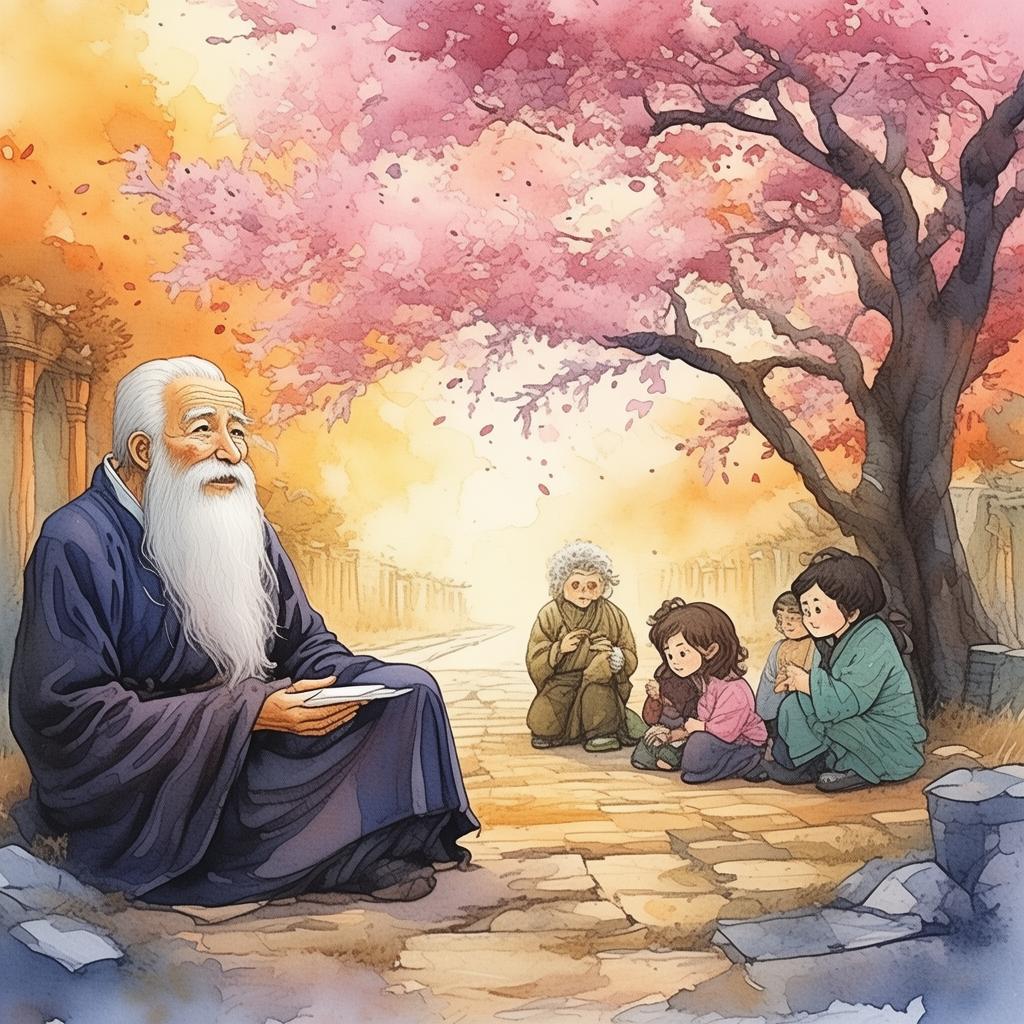The Eternity's Paradox: The Clockmaker's Dilemma
In the heart of an ancient city, where the cobblestone streets whispered tales of yore, there stood a tower that was said to be the pulse of time itself. The tower was home to a clockmaker named Lin, whose hands had shaped the very essence of time. Each tick and tock of his creations was a testament to his mastery over the fleeting moments of existence.
Lin was no ordinary clockmaker; he was the guardian of the Timekeeper's Dilemma, a paradox that had baffled scholars for centuries. The Dilemma was a series of thirty-four riddles, each more perplexing than the last, woven into the fabric of time itself. It was said that those who solved the Dilemma would unravel the secrets of eternity, but it was also rumored that the journey would shatter the very fabric of time.
One fateful morning, as the sun cast a golden glow over the city, Lin found himself staring at his latest creation—a clock that seemed to defy the laws of time. It was a clock that ticked not for seconds, minutes, or hours, but for eternities. It was a clock that could turn back the hands of time, a clock that could leap forward into the future, a clock that could stand still in the face of chaos.
As Lin gazed upon his masterpiece, he felt a strange pull, a call to the unknown. He knew that the Timekeeper's Dilemma was the key to unlocking the clock's true potential, but the paradoxes were as numerous as the stars in the night sky. Each riddle was a step into a different realm, a different time, a different fate.
The first paradox was simple yet profound: "What is the sound of one hand clapping?" Lin pondered this for days, his mind racing through the possibilities. He realized that the sound was not just the sound of a hand clapping, but the sound of time itself, the sound of existence. It was the heartbeat of the universe, a constant rhythm that never ceased.
The second paradox was more complex: "If you could travel back in time and change one event, what would it be?" Lin spent nights and days contemplating this, his sleep haunted by the what-ifs. He realized that changing one event could lead to a cascade of consequences, a ripple effect that could alter the course of history. The weight of this realization was heavy upon him, for he knew that the choices he made could shape the destiny of the world.
As Lin delved deeper into the paradoxes, he encountered more profound questions: "Is time a river or a tapestry?" "Can one truly know the future?" "Is free will an illusion?" Each question led him to a different corner of the universe, a different time, a different self.
The clockmaker's journey was not just a journey through time; it was a journey through the soul. He encountered characters from different eras, each with their own stories and choices. He met a warrior who had to decide between honor and love, a scientist who had to choose between knowledge and ethics, and a king who had to decide between power and humility.
As Lin faced each paradox, he realized that the true essence of the Dilemma was not about solving the riddles, but about understanding the nature of time, choice, and destiny. He learned that time was not a linear path, but a labyrinth of possibilities, and that each choice had consequences that could span across the ages.
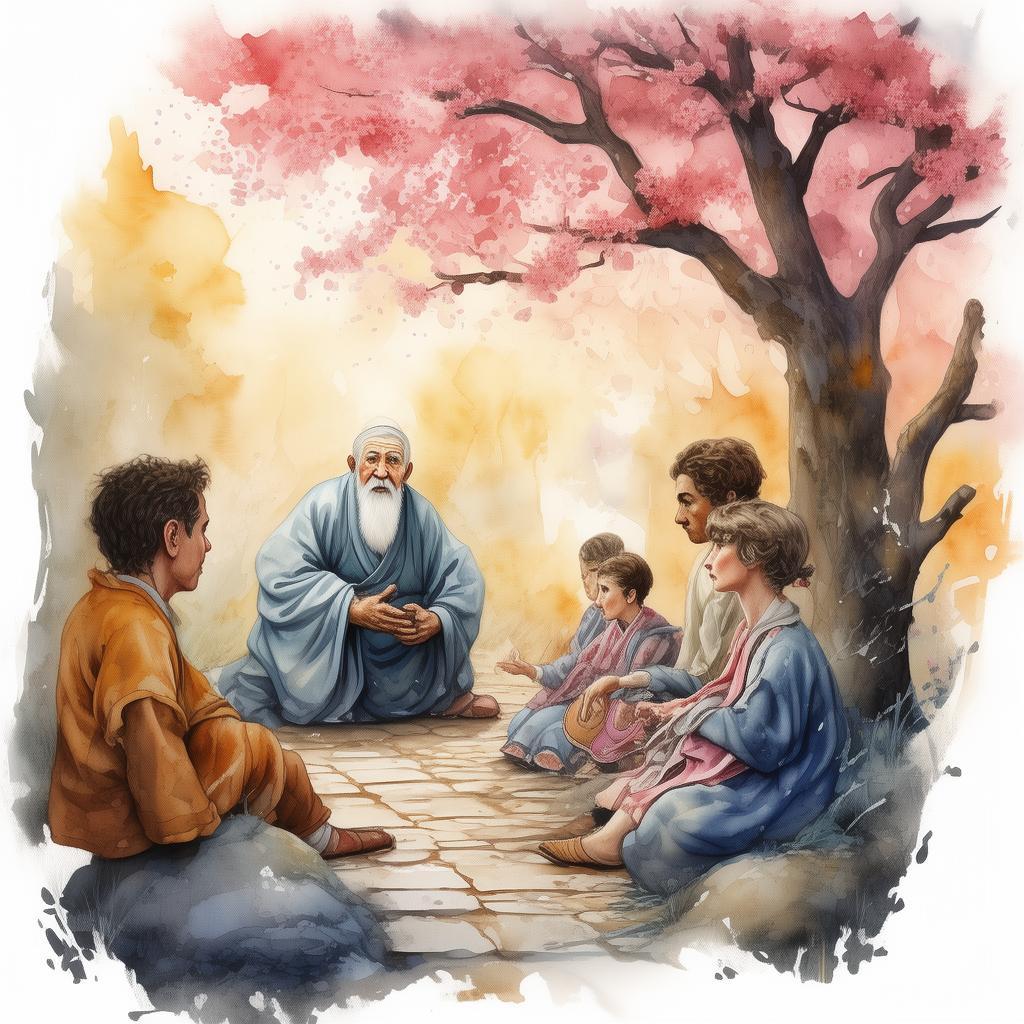
In the end, Lin found himself standing before the most profound paradox of all: "If you could control time, would you?" He realized that the power to control time was a gift and a curse. It was a gift because it allowed him to save lives, to prevent suffering, and to fulfill dreams. It was a curse because it meant that he would have to bear the weight of the choices he made, the lives he altered, and the futures he shaped.
With a heavy heart, Lin made his choice. He decided to let the clock tick on, to let time flow as it would, to let the riddles remain unsolved. He understood that the true essence of time was not in controlling it, but in living it, in making choices, and in facing the consequences.
As the sun set over the ancient city, casting a golden glow on the tower, Lin stepped back from his creation. He looked up at the stars, each one a point of light in the vast expanse of the universe. He realized that time was a river, a tapestry, a labyrinth, and that the choices he made were but a single thread in the grand design of existence.
The Eternity's Paradox: The Clockmaker's Dilemma was not just a story of time and choice; it was a story of life, love, and the human spirit. It was a story that would resonate with readers, spark discussions, and spread effortlessly, a testament to the enduring power of storytelling.
✨ Original Statement ✨
All articles published on this website (including but not limited to text, images, videos, and other content) are original or authorized for reposting and are protected by relevant laws. Without the explicit written permission of this website, no individual or organization may copy, modify, repost, or use the content for commercial purposes.
If you need to quote or cooperate, please contact this site for authorization. We reserve the right to pursue legal responsibility for any unauthorized use.
Hereby declared.
